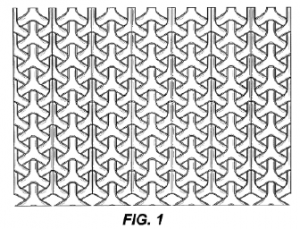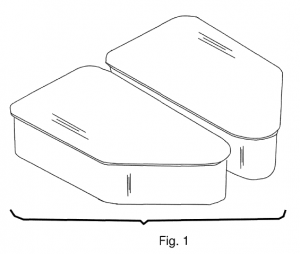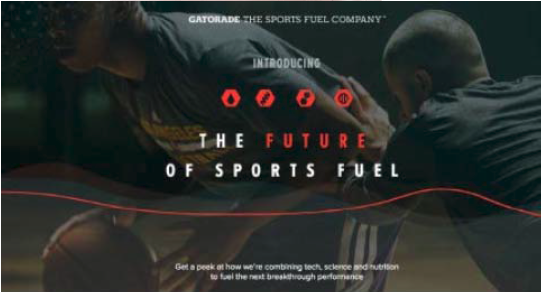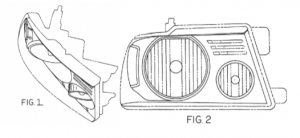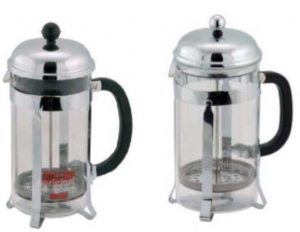Indianapolis, Indiana – Attorneys for Plaintiff, Tenstreet, LLC (“Tenstreet”) of Tulsa, Oklahoma, filed suit in  the Southern District of Indiana alleging that Defendant, DriverReach, LLC (“DriverReach”) of Indianapolis, Indiana, infringed its rights in United States Patent No. 8,145,575 (the “‘575 Patent”) for “Peer to Peer Sharing of Job Applicant Information”. Defendant moved to dismiss the Complaint and the Court has now granted that motion. This case was described on this site here.
the Southern District of Indiana alleging that Defendant, DriverReach, LLC (“DriverReach”) of Indianapolis, Indiana, infringed its rights in United States Patent No. 8,145,575 (the “‘575 Patent”) for “Peer to Peer Sharing of Job Applicant Information”. Defendant moved to dismiss the Complaint and the Court has now granted that motion. This case was described on this site here.
Tenstreet develops products for the transportation industry such as its XchangeTM network to help share job applicant verification data between employers, past and present, for commercial truck drivers. The ‘575 Patent, obtained by Tenstreet on March 27, 2012, claims to streamline the verification process between past and prospective employers while giving the drivers a chance to review and correct information before it is sent to the prospective employer. DriverReach allegedly sells its own employment verification product, VOE Plus Solutions. Tenstreet claimed VOE Plus Solutions infringed on the ‘575 Patent. DriverReach moved the Court to dismiss Tenstreet’s claims “on the ground that the ‘575 patent is patent-ineligible subject matter under 35 U.S.C. § 101.”
Pursuant to 35 U.S.C. § 101, patentable subject matter is “any new and useful process, machine, manufacture, or composition of matter, or any new and useful improvement thereof.” However, the Supreme Court has held “that this provision contains an important implicit exception[:] Laws of nature, natural phenomena, and abstract ideas are not patentable.” Ass’n for Molecular Pathology v. Myriad Genetics, Inc., 569 U.S. 576, 589 (2013) (quoting Mayo Collaborative Servs. V. Prometheus Labs., Inc., 566 U.S. 66, 70 (2012)). In this case, the Court discusses the abstract idea exception. When determining if a patent claims an abstract idea, the Court first looks to whether the claims are directed to a patent-ineligible concept. Second, the Court looks for an “inventive concept” which transforms the claim into a patent-eligible application.
 Indiana Intellectual Property Law News
Indiana Intellectual Property Law News


